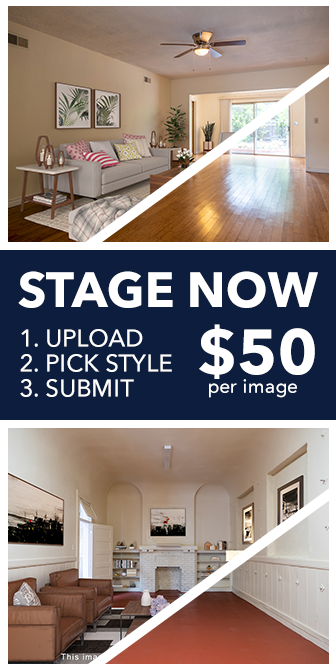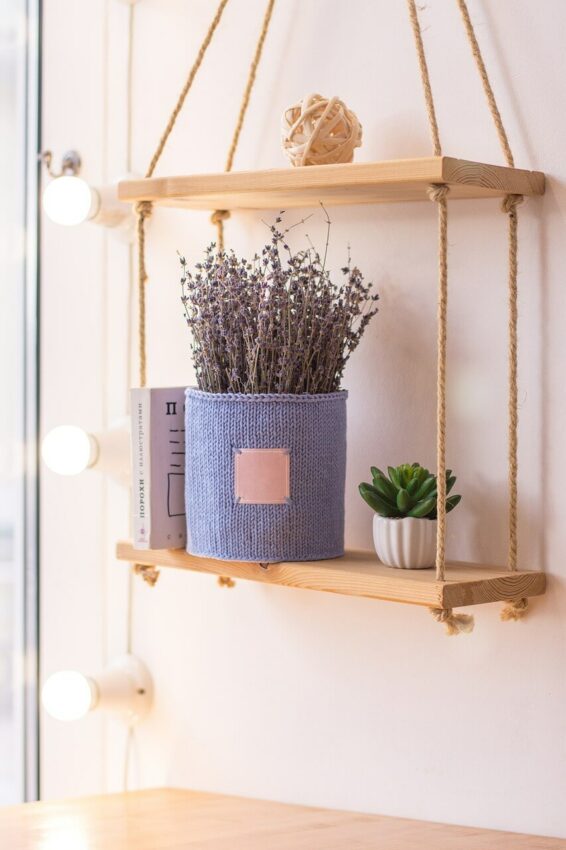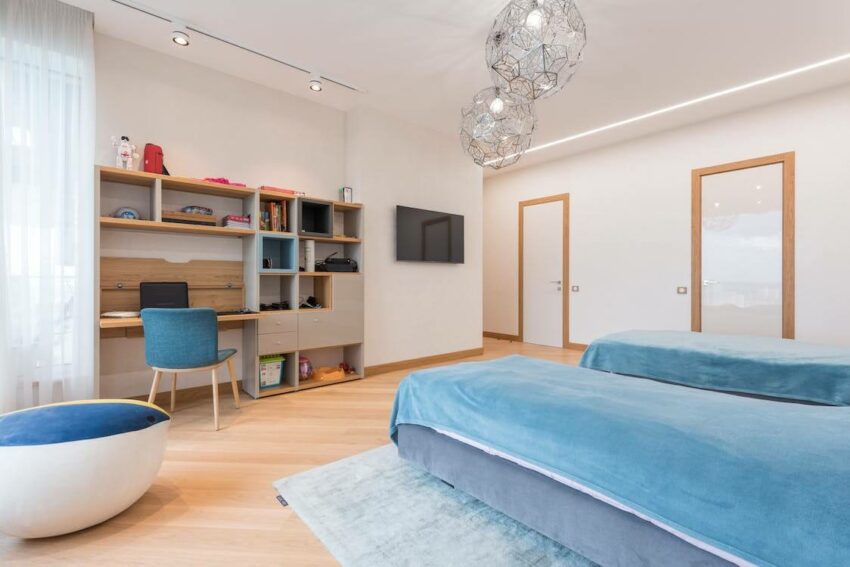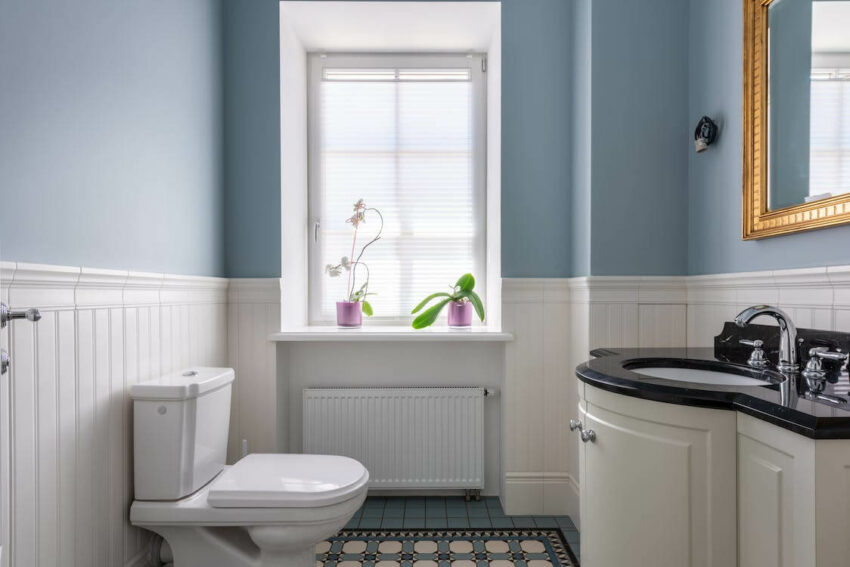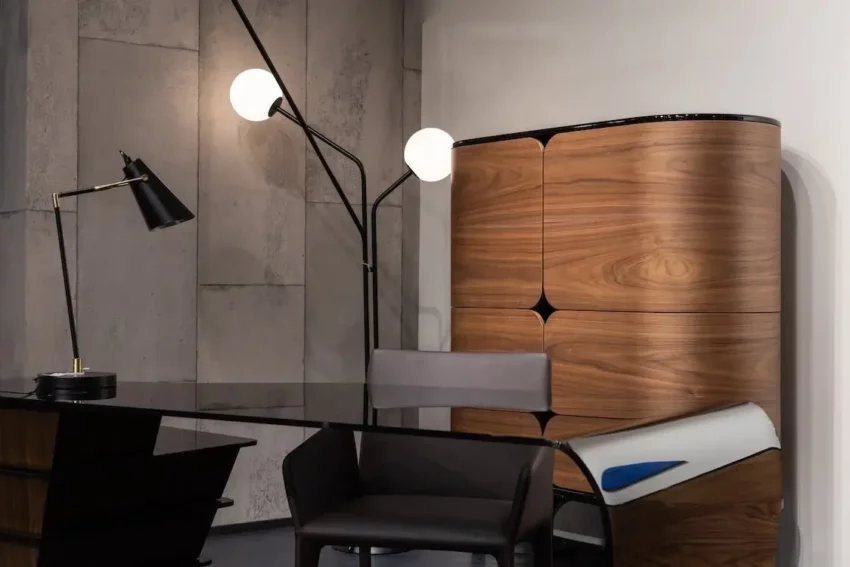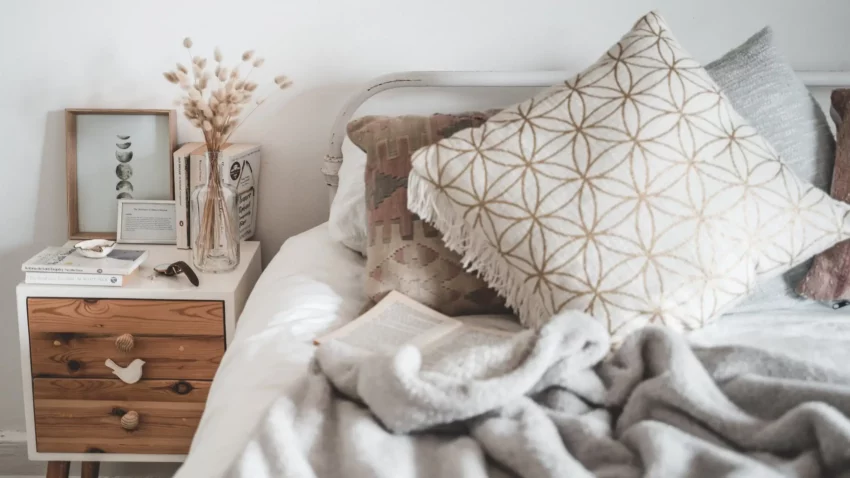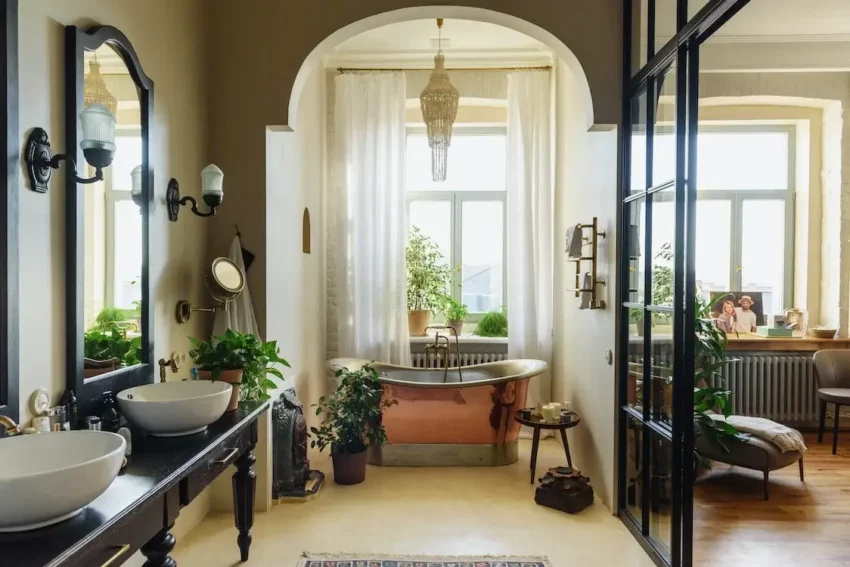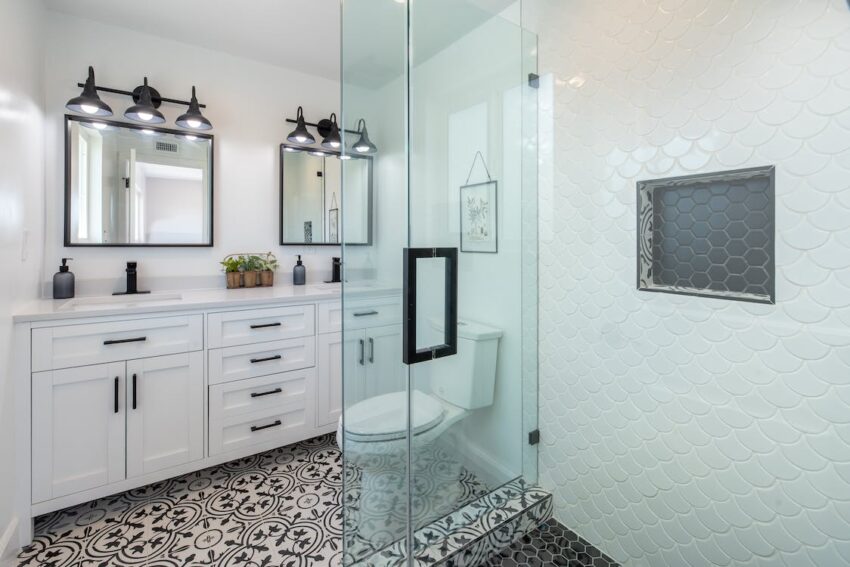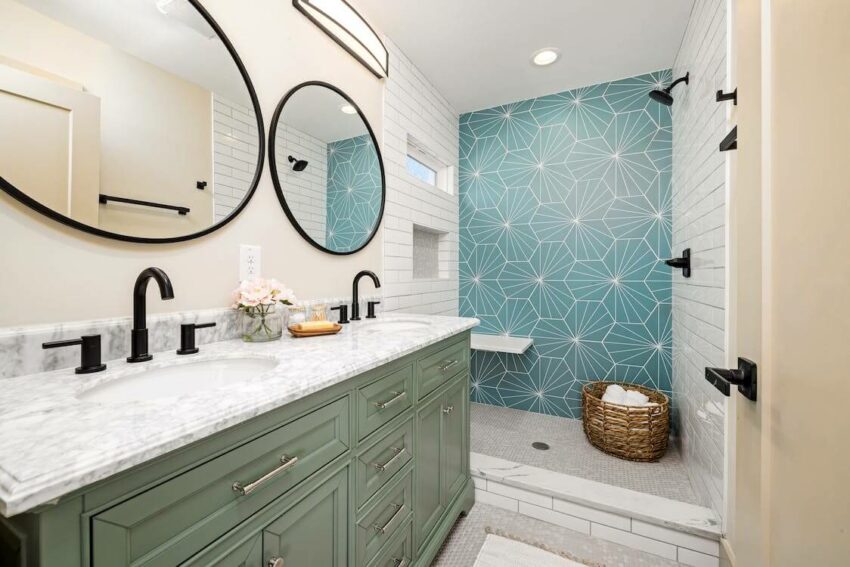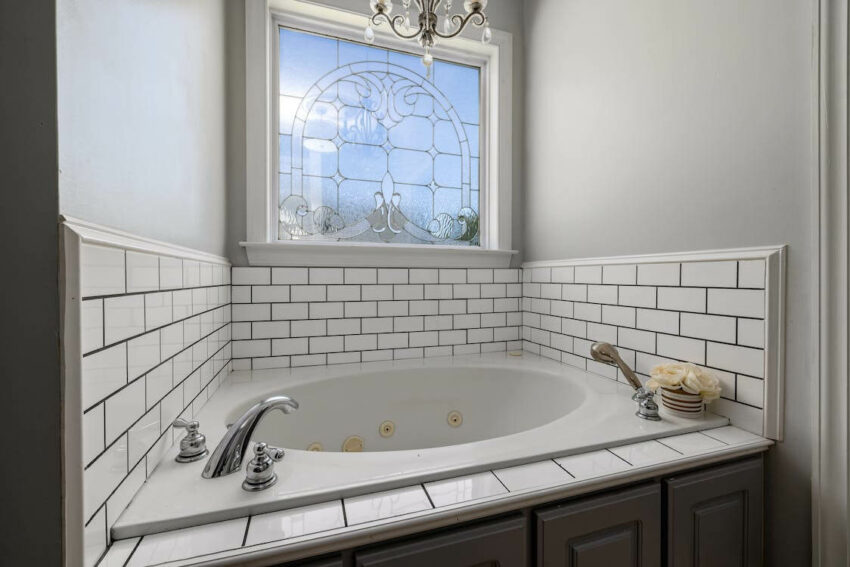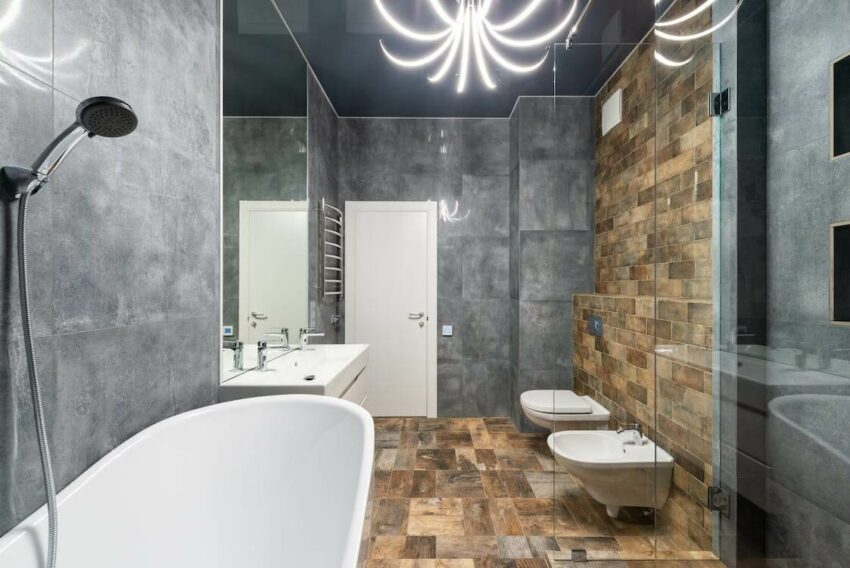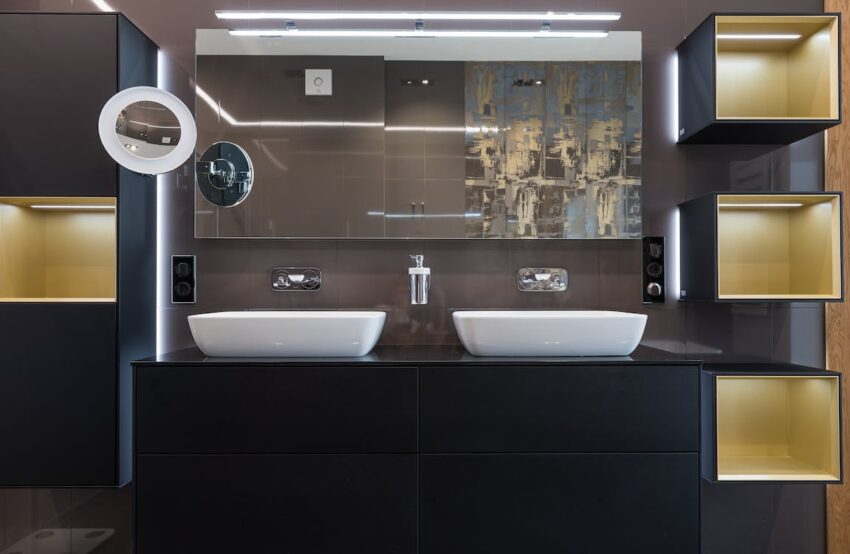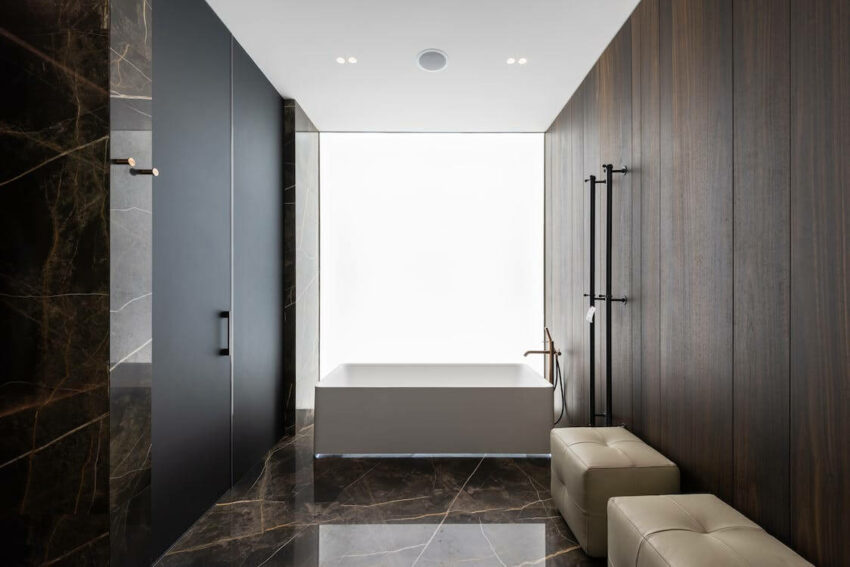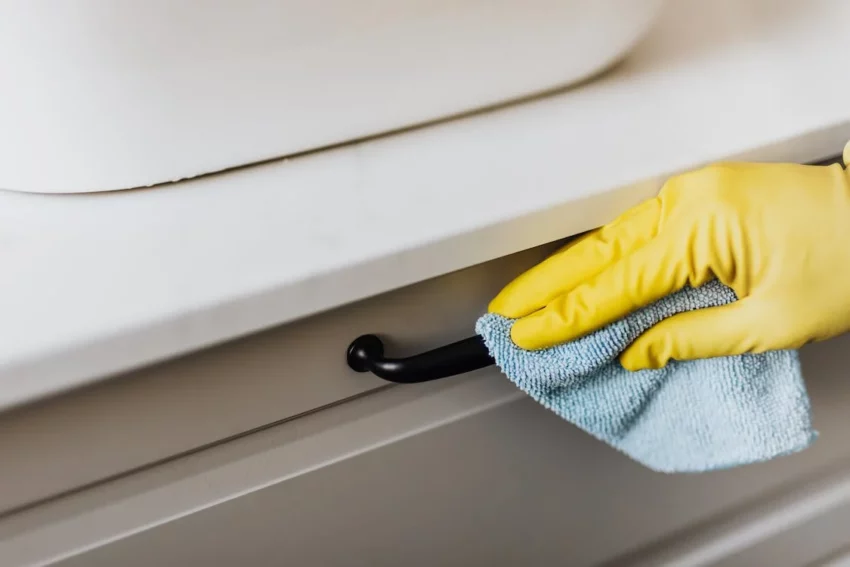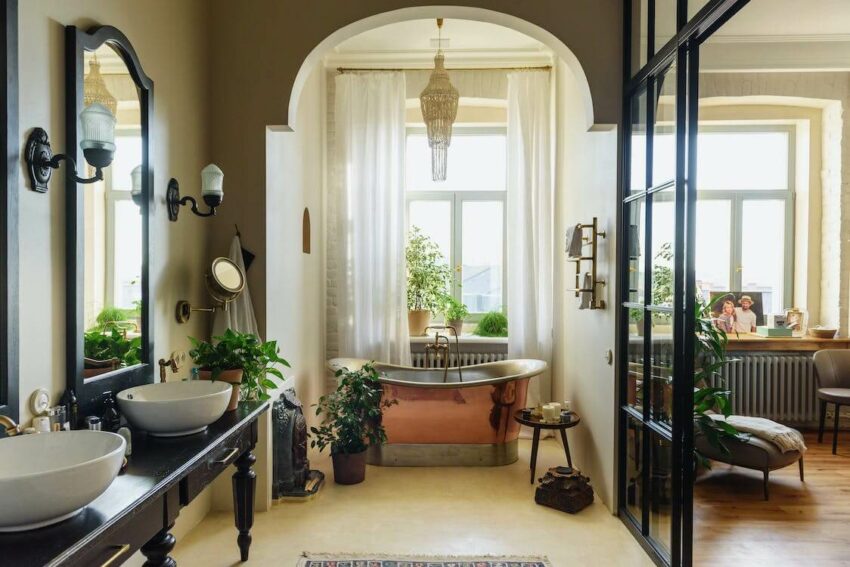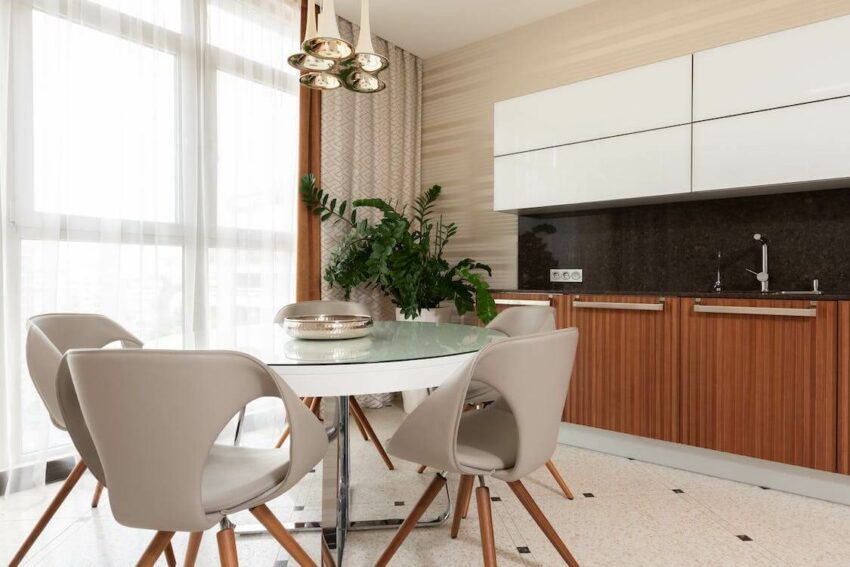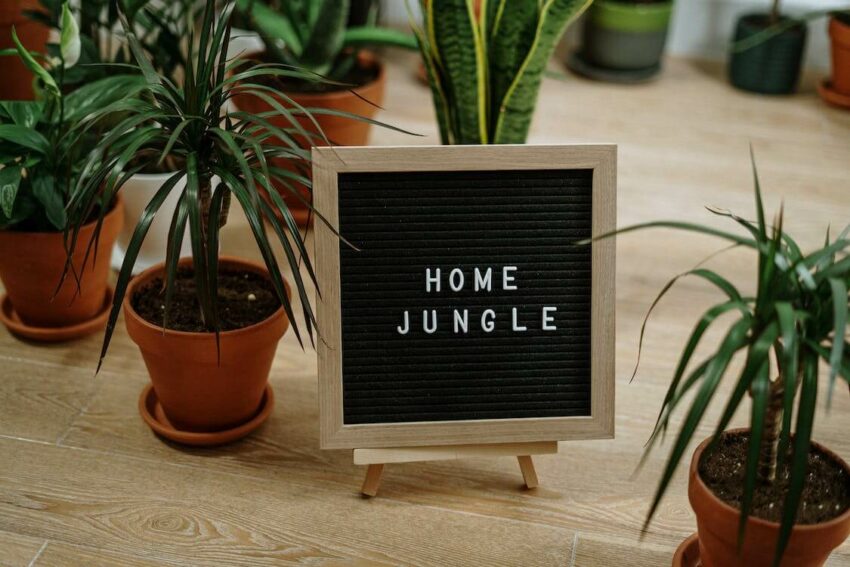“Transform Your Home Into a Showcase of Style with a Successful Home Staging Startup!”
Starting a home staging business can be a great way to make a living while helping people make their homes look their best. Home staging is the process of preparing a home for sale by making it look attractive to potential buyers. It involves rearranging furniture, adding decorations, and making sure the home looks inviting and well-maintained. If you’re interested in starting a home staging business, there are a few steps you can take to ensure your success.
How to Launch a Successful Home Staging Business Startup
In this guide, we’ll discuss how to launch a successful home staging startup. We’ll cover topics such as creating a business plan, finding clients, and marketing your services. With the right preparation and dedication, you can launch a successful home staging business and make a living doing something you love.
Build a Business Plan Before Building Your Business
Starting a home staging business can be an exciting and rewarding venture. With the right plan in place, you can create a successful business that will help you reach your financial goals. Here are some tips to help you develop a home staging business plan.
Research the Market
Before you start your business, it’s important to understand the home staging market. Research the competition in your area and find out what services they offer and how much they charge. This will help you determine the best way to position your business and set your prices.

Set Goals
Once you have a better understanding of the market, it’s time to set goals for your business. Think about what you want to achieve in the short-term and long-term. This will help you create a plan of action and stay focused on your goals.
Create a Business Plan
A business plan is essential for any business. It should include an executive summary, a description of your services, a marketing plan, a financial plan, and a timeline. This will help you stay organized and on track.
Develop a Pricing Strategy
Your pricing strategy should be based on the services you offer and the competition in your area. Make sure your prices are competitive and that you’re making a profit.
Get the Word Out
Once you have your business plan in place, it’s time to start marketing your services. Create a website, join local networking groups, and use social media to spread the word about your business.
By following these tips, you can create a successful home staging business plan. With the right plan in place, you can reach your financial goals and create a successful business. Good luck!
What You Need to Know About Home Staging Licensing and Insurance
Are you considering getting into the home staging business? If so, you’ll need to make sure you have the right licensing and insurance in place. Here’s what you need to know!
Licensing
The licensing requirements for home staging vary from state to state. In some states, you may need to obtain a business license or a real estate license. In other states, you may need to obtain a contractor’s license. It’s important to check with your state’s licensing board to determine what type of license you need.
Insurance
A home staging startup can be a risky business, so it’s important to make sure you have the right insurance in place. You’ll need to have general liability insurance to protect yourself from any potential lawsuits. You may also need to have workers’ compensation insurance if you have employees.
It’s also a good idea to have property insurance to protect your staging materials and equipment. This will help cover any losses if your materials are damaged or stolen.
Finally, you may want to consider getting errors and omissions insurance. This type of insurance will protect you from any mistakes you make while staging a home.
Getting the right licensing and insurance in place is an important part of starting a home staging business. Make sure you do your research and get the coverage you need to protect yourself and your business. With the right licensing and insurance in place, you’ll be ready to your home staging startup to make money!

How to Market Your Home Staging Business
Are you ready to start your own home staging business? Congratulations! You’re about to embark on an exciting journey that will help you make a living doing something you love. But before you get started, you need to make sure you have a plan for marketing your business.
Here are some tips to help you get the word out about your home staging business:
Create a website
A website is a great way to showcase your work and let potential clients know what you can do for them. Make sure your website is professional and easy to navigate. Include photos of your work, testimonials from past clients, and contact information.
Network
Get out there and meet people in your local area to promote your staging startup. Attend home staging events, join home staging associations, and join local business groups. This will help you build relationships with potential clients and other professionals in the industry.
Social media is a great way to reach a wide audience with your staging startup. Create a business page on Facebook, Twitter, and Instagram and post regularly about your services.
Advertise
Consider advertising in local newspapers, magazines, and online. You can also create flyers and distribute them in your local area to drive interest in your staging startup!
Offer discounts
Offering discounts or special promotions can help you attract new clients to your staging startup.
Ask for referrals
Don’t be afraid to ask your past clients for referrals. Word of mouth is a powerful marketing tool, especially with a staging startup.
By following these tips, you’ll be well on your way to building a successful home staging business. Good luck!
Tips for Working with Homeowners and Realtors
- Be Respectful: Respect the homeowner and Realtor’s time, opinions, and decisions. Show them that you value their input and are willing to work with them to achieve the best outcome.
- Be Professional: Always maintain a professional attitude and demeanor. Be punctual, organized, and prepared for meetings.
- Listen: Listen to the homeowner and Realtor’s needs and concerns. Ask questions to gain a better understanding of their goals and objectives.
- Communicate: Keep the homeowner and Realtor informed of any changes or updates. Provide timely responses to their inquiries and requests.
- Be Flexible: Be willing to adjust your plans and strategies to accommodate the homeowner and Realtor’s needs.
- Be Honest: Be honest and transparent about your services and fees. Provide accurate information and be upfront about any potential risks or challenges.
- Follow Up: Follow up with the homeowner and Realtor after the project is complete. Ask for feedback and thank them for their business.
Strategies for Setting Your Home Staging Prices
Setting your home staging startup prices can be a tricky business. You want to make sure you’re charging enough to cover your costs and make a profit, but you don’t want to price yourself out of the market. Here are some strategies to help you set your home staging prices.
- Research the Market: Before you set your prices, do some research to find out what other home stagers in your area are charging. This will give you an idea of what the market will bear and help you set your prices accordingly.
- Consider Your Costs: Make sure you factor in all of your costs when setting your prices. This includes materials, labor, and overhead costs.
- Offer Packages: Consider offering packages that include different levels of service. This will give your clients more options and help you maximize your profits.
- Be Flexible: Don’t be afraid to negotiate with your clients. If they’re on a tight budget, you may be able to work out a deal that works for both of you.
- Don’t Undervalue Yourself: Don’t be tempted to set your prices too low just to get more business. You want to make sure you’re getting paid what you’re worth.
By following these strategies, you’ll be able to set your home staging startup prices in a way that’s fair to both you and your clients. Good luck!
Sell Virtual Staging Services
You don’t need to buy a warehouse full of furniture to get into the staging business. You could also consider becoming a re-seller of the newest trend in staging!
- Virtual staging is a faster!
- Virtual staging is more affordable!
- Virtual staging is a more versatile!

Q&A
1. What are the key elements of a successful home staging startup?
The key elements of a successful home staging startup include a well-defined business plan, a strong marketing strategy, a comprehensive understanding of the home staging industry, a reliable network of vendors and suppliers, and a commitment to customer service.
2. What are the benefits of a home staging startup?
The benefits of home staging include increasing the value of a home, making it more attractive to potential buyers, and helping to reduce the amount of time a home is on the market. Home staging can also help to create a positive first impression and create a more inviting atmosphere.
3. What are the costs associated with starting a home staging startup?
The costs associated with starting a home staging business include the cost of furniture and accessories, marketing and advertising expenses, and the cost of hiring staff.
4. What are the legal requirements for starting a home staging startup?
The legal requirements for starting a home staging business vary by state, but generally include obtaining a business license, registering the business with the state, and obtaining any necessary permits or certifications.
5. What are the best ways to market a home staging startup?
The best ways to market a home staging business include creating a website, utilizing social media, attending local events, and networking with real estate agents and other professionals in the industry. Additionally, offering discounts and promotions can help to attract new customers.
Conclusion
Launching a successful home staging startup requires a lot of hard work and dedication. It is important to have a clear vision of what you want to achieve and to create a business plan that outlines the steps you need to take to reach your goals. Additionally, it is important to have a good understanding of the home staging industry, the local market, and the competition. Finally, it is essential to have a strong marketing strategy in place to ensure that your business is seen and heard by potential customers. With the right planning and execution, launching a successful home staging startup can be a rewarding and profitable venture.





